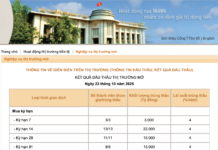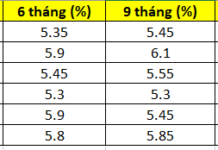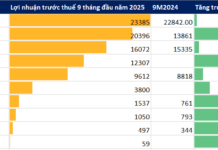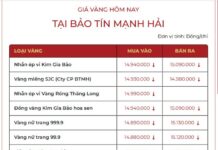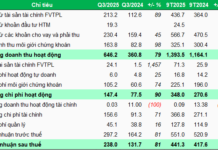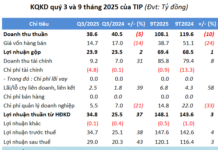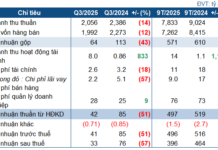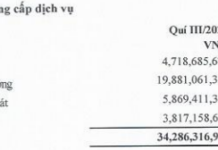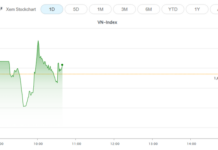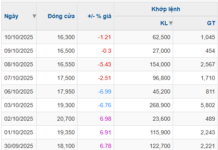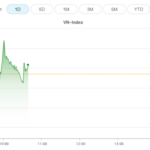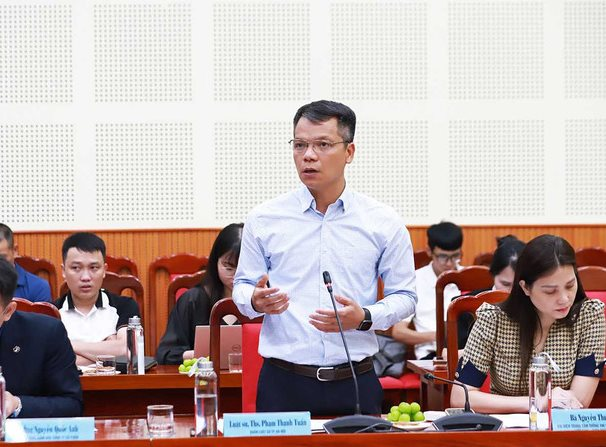
Real Estate and Legal Expert, Lawyer Pham Thanh Tuan, shares his insights on the proposed changes to personal income tax laws in Vietnam.
The Ministry of Finance has recently submitted a proposal to the Government, suggesting amendments to the personal income tax law, specifically targeting income from real estate transfers. This move aims to align with the upcoming Land Law in 2024 and curb real estate speculation.
A notable suggestion includes imposing a progressive tax rate on property sales based on the duration of ownership, similar to practices in other countries. This approach aims to deter short-term speculative activities in the real estate market.

Dr. Le Xuan Nghia, Member of the Monetary and Financial Policy Advisory Council, offers his perspective on the proposed real estate tax.
Lawyer Pham Thanh Tuan, a Hanoi-based lawyer and real estate legal expert, believes that this proposal could find support among the majority of the population as it targets speculative property transactions with a short holding period.
The suggested tax structure includes higher tax rates for shorter holding periods, with rates decreasing over time. This progressive structure is already in place in many countries.
However, Lawyer Tuan points out that this proposal, if approved, would only address short-term property speculation. For individuals with multiple properties or those hoarding land, the Ministry of Construction has proposed a separate tax, but it is yet to be considered.
Additionally, the proposed changes to the personal income tax law, including the tax on real estate transfers, are not currently part of the legislative agenda for 2024 and 2025. For the proposal to be considered, the Government would need to include it in the legislative agenda for 2025 or 2026, making it a distant prospect for now.
Regarding the suggestion to tax individuals owning multiple properties, Lawyer Tuan mentions that the authorities are still researching the methodology and criteria for implementing this tax. He emphasizes that a nuanced approach is necessary, considering factors such as the value and number of properties, rather than a blanket tax on all secondary properties.
Dr. Le Xuan Nghia, a prominent economist and member of the Monetary and Financial Policy Advisory Council, disagrees with the proposal to tax real estate, whether it’s the second property or based on holding periods. He argues that the current apartment prices, ranging from VND 60-70 million per square meter, are already too high for most citizens.
Dr. Nghia explains that many apartment buyers are not the original purchasers but may have acquired the property through multiple transfers. Additionally, some investors buy properties to rent them out, which contributes to the utilization of real estate. Therefore, he believes that taxing real estate transactions is impractical as the tax revenue may not outweigh the administrative costs involved.
The Sky’s the Limit: Long Thanh Airport Property Soars
The real estate market in Nhon Trach and Long Thanh (Dong Nai) and Ba Ria-Vung Tau is buzzing with positive signals as the year comes to a close. The rapid progress of large-scale transportation infrastructure projects in these areas is a significant contributing factor to this positive momentum.
The New VAT Threshold: From July 1st, 2025, Business Owners with an Annual Revenue of 200 Million VND or More Will Be Subject to VAT
Under the Value Added Tax Law (amended), goods and services provided by households and individuals with an annual revenue threshold of VND 200 million and below are exempt from VAT. The current law stipulates a VAT exemption for an annual revenue of VND 100 million.






